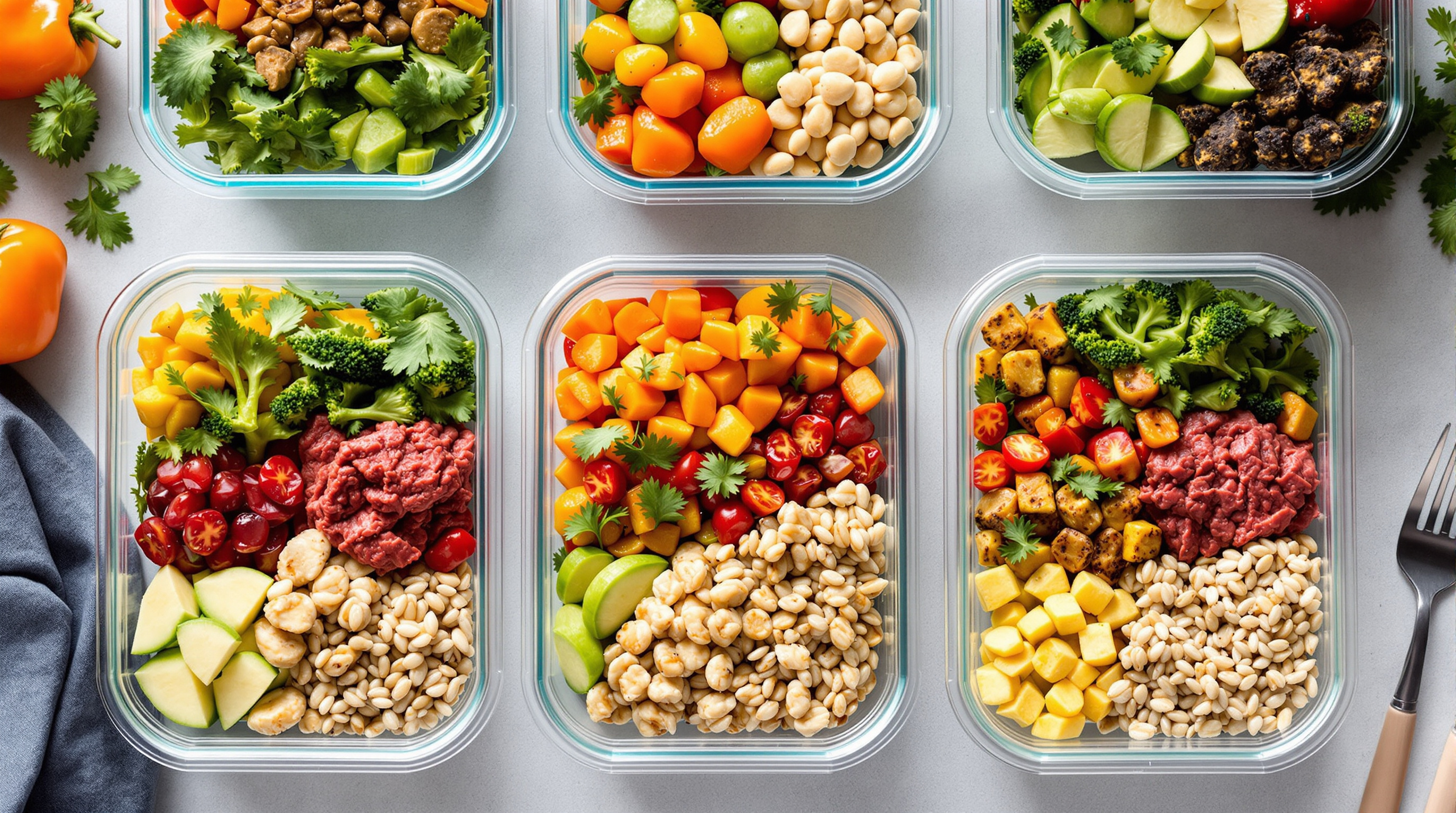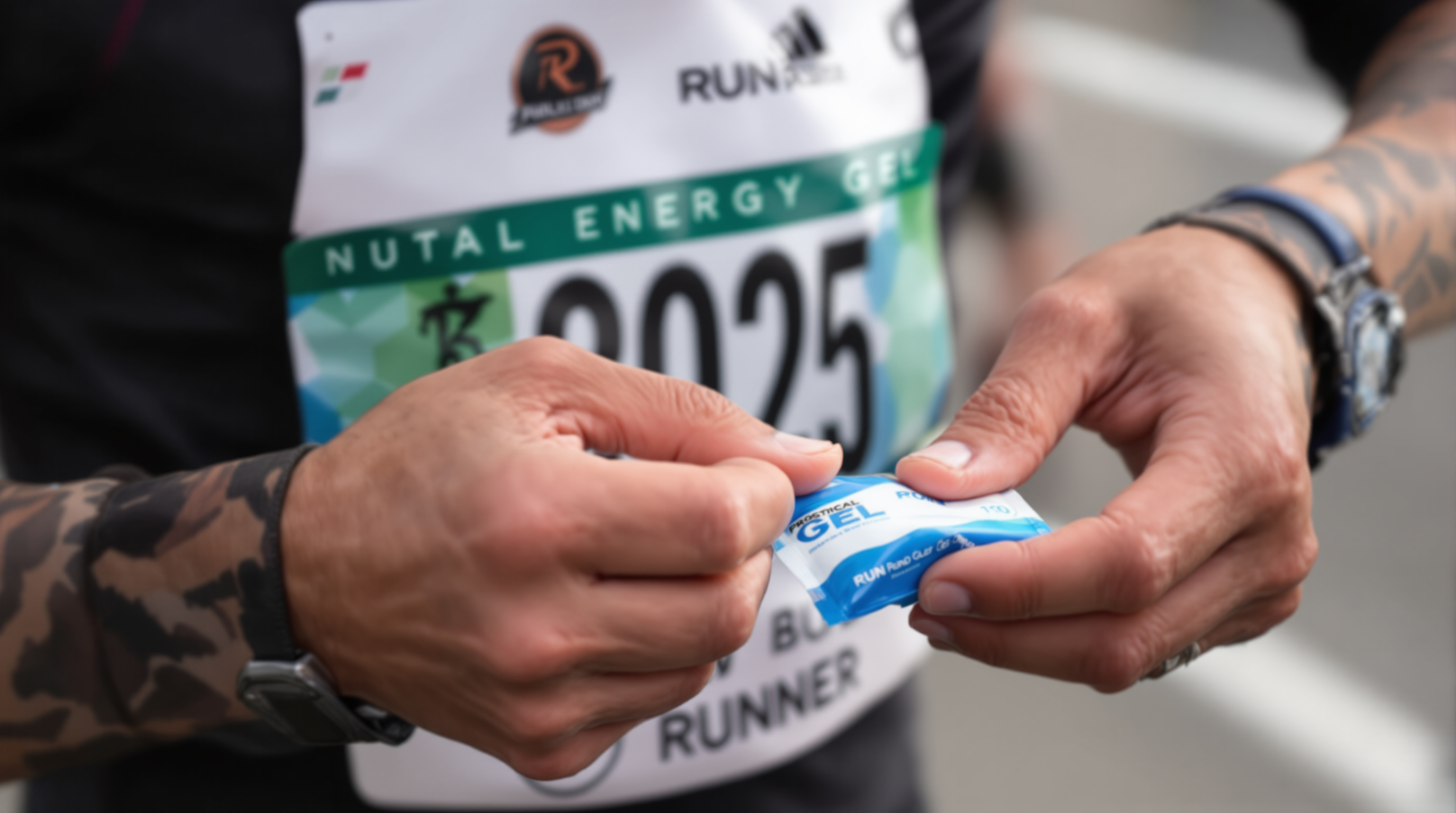Proper nutrition is the fourth pillar of running training, alongside consistency, progression, and recovery. What you eat and drink can make the difference between hitting the wall and finishing strong. Nutrition affects your training adaptation, performance on race day, and recovery between workouts. While individual needs vary, understanding the fundamentals of running nutrition empowers you to fuel your best miles.
Golden Rule: Never try new foods or fueling strategies on race day. Use training as your experimentation phase!
Daily Nutrition for Training Runners

Runners in training need a balanced approach to macronutrients—carbohydrates, protein, and fats—each playing a specific role in performance and recovery.
Carbohydrates (45-65% of calories)
Your primary fuel source during running. Focus on whole grains, fruits, vegetables, and legumes. Time larger carb portions around training sessions for optimal energy and glycogen replenishment.
Protein (15-25% of calories)
Essential for muscle repair and recovery. Include lean meats, fish, eggs, dairy, legumes, and plant proteins. Aim for 20-30g protein within 30 minutes post-run for optimal recovery.
Healthy Fats (20-35% of calories)
Important for endurance, hormone function, and nutrient absorption. Choose nuts, seeds, avocados, olive oil, and fatty fish. Fats digest slowly, so limit before running.
Learn more: Academy of Nutrition and Dietetics | International Society of Sports Nutrition


